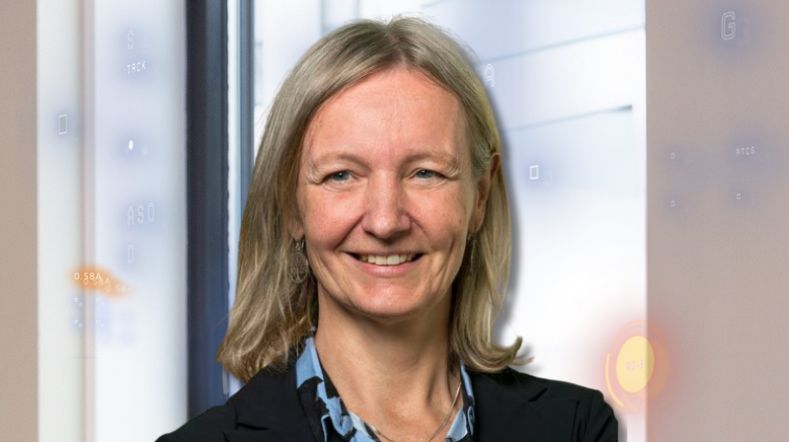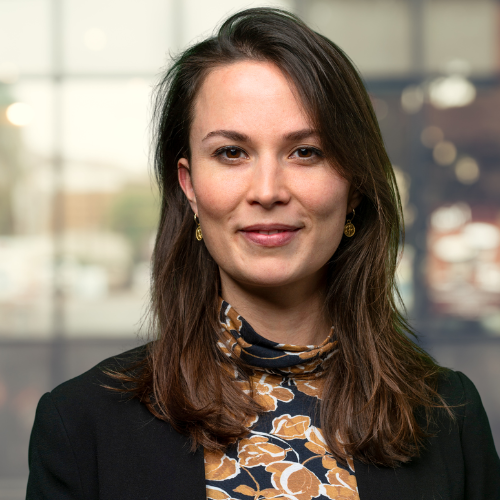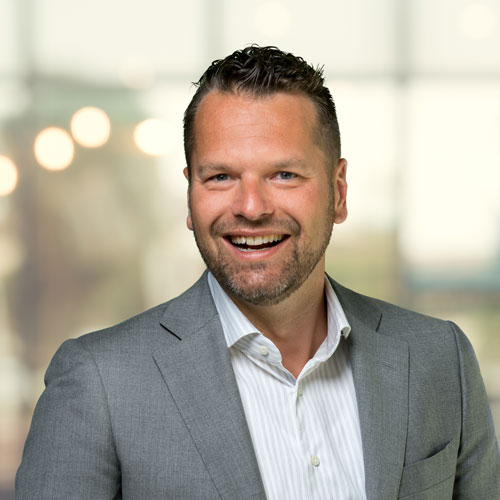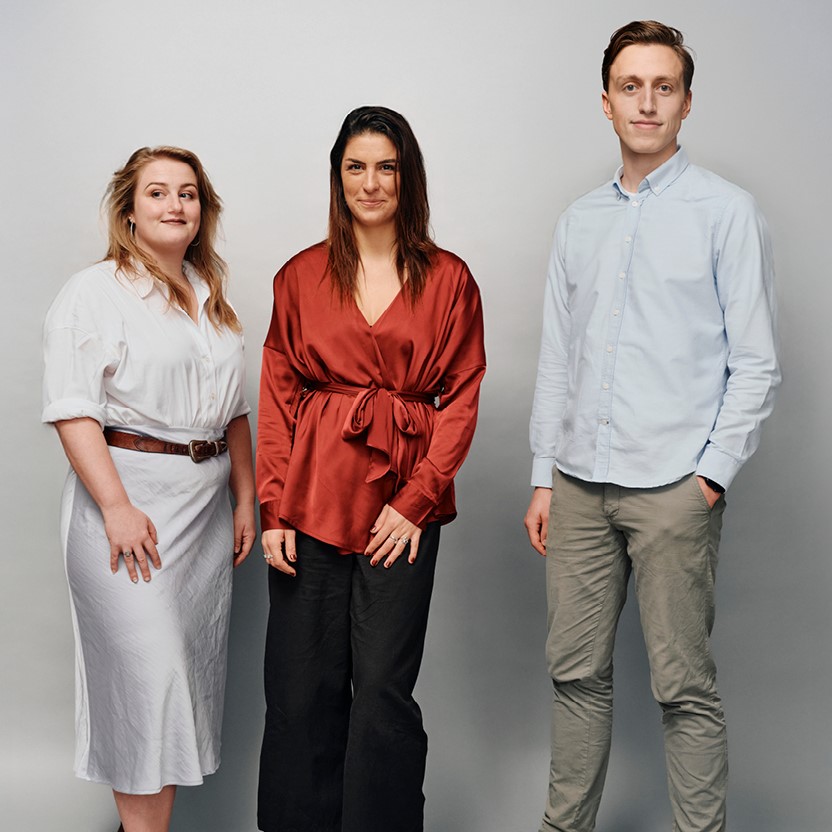
Data breakthrough forces healthcare into action
New technologies can shield privacy-sensitive data whilst simultaneously making them accessible. For our healthcare system, this is a breakthrough with huge and potentially far-reaching consequences. Recent European legislation is contributing to the acceleration, and the healthcare sector cannot afford a wait-and-see attitude. A big step forward is possible.
Data is like oxygen for the healthcare sector. A GP needs access to medical records and a cancer researcher wants to see how a chemotherapy treatment works in different people. Information on gender, age or cultural background may be of interest to them, together with data from health apps. However, data doesn’t get much more privacy sensitive than this. As a result, healthcare data can never be allowed to flow freely through the system.

"Technology and legislation may be ready by now, now the healthcare industry."
Proven solution
A solution to this problem has been in the works since the 1990s. This is how long computer scientists have known that datasets can be made both accessible and inaccessible at the same time. With innovations such as privacy-enhancing technologies (PETs) and data spaces, this has now been proven. Previously unimaginable amounts of data can be made accessible without risking personal data.
The innovations are being eagerly embraced by healthcare startups. Other emerging developments include self-sovereign identity (SSI), a technology that gives people control over their own data, and generative AI, which accelerates data analysis exponentially.
Oxygen in the system
These technologies are also being applied in the Netherlands. A vanguard of cancer researchers can suddenly see much faster who is vulnerable to the disease, how to recognise symptoms early and why treatments work differently in different people. In the short term, this could lead to more effective prevention and better care for people who are currently underrepresented in research populations.
The data breakthrough is certainly not limited to research, but definitely affects the healthcare sector as a whole. Major progress will be made in the fields of communication and knowledge transfer between different agencies and professionals in the coming years. From appointment desks to GPs, from virologists to insurers and from patients to drug developers. When the oxygen of data enters the system's bloodstream, it benefits all the organs.
Hope, guidance and risks
Within the EU, anyone working with data will soon have to follow new ground rules. Europeans will have more control over their own health data than ever before. Agreements have also been reached on the alignment between different laws, systems and infrastructures. Interoperability and flexibility between software packages is becoming the norm, as was decided with the creation of the European Health Data Space (EHDS).
With the new technologies and the framework provided by the EHDS, our healthcare system can become better, more affordable, more accessible and more personal on all fronts. This offers hope and guidance in a time of ageing populations and staff shortages, but nothing more.
Although technology and legislation may now be ready, the healthcare sector is not. In order to take the promised big step forward, industry players both large and small will have to quickly learn about the implications of the EHDS and the possibilities of PETs, data spaces, SSI and communicative AI.
Then the real work will begin: with new partnerships, systems and policy frameworks around leveraging health data. Technology and system changes go hand in hand.
There can be no doubt that these are coming. How quickly this will happen and who gets to make the decisions is not yet clear, however. There is a choice. Do we wait and see, or do we take the initiative together? Do we wait, or do we offer the healthcare sector fresh oxygen?
Want to learn more?
Discover how data spaces in healthcare contribute to secure data exchange.
Get inspired
Rules as Code


Digitalisation and sustainability: how AI can help


Time setter story: Kallol Das
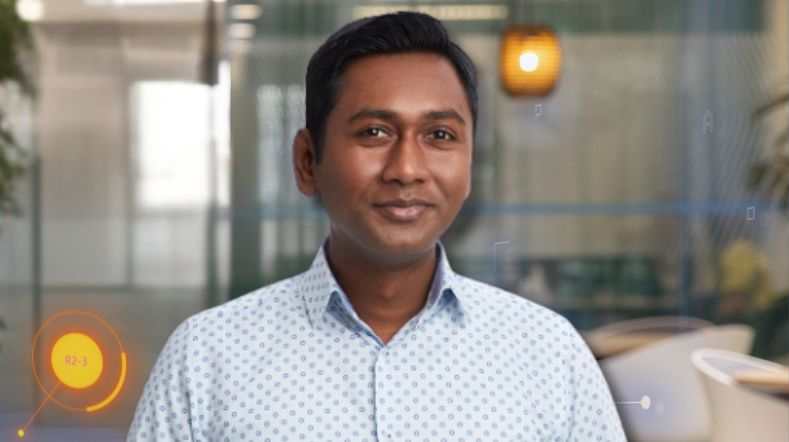

Digital Product Passport


Time setter story: Annemieke Kips
